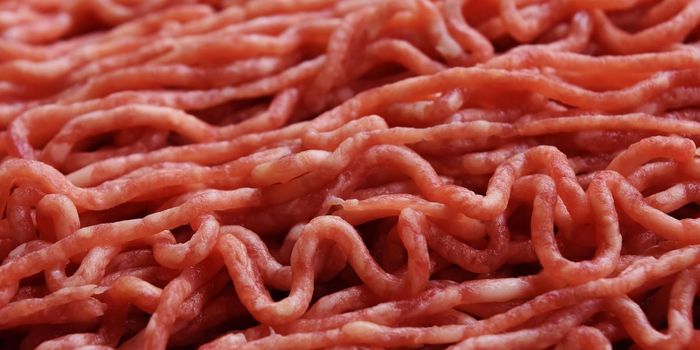Social Support May Offset Genetic Risk for Depression
Social support may offset depression among those genetically predisposed to the condition. The corresponding study was published in The American Journal of Psychiatry.
In recent times, there has been substantial progress in identifying genes linked to major depression. However, how these genes interact with environmental factors remains unknown. In the current study, researchers sought to investigate the effect of social connection on depression among those genetically predisposed to the condition.
To do so, they analyzed data from two long-term studies. One study included 1,011 first-year training physicians- or interns- at hospitals in the US, and the other: 435 recently widowed individuals with data from before and after their spouses had passed away.
The researchers found that depressive symptoms among medical interns increased by 126% during their first year of training. The first year of internships often involves long and irregular work hours far away from usual support networks, including friends, family, and academic mentors.
Meanwhile, among widows and widowers, depressive symptoms increased by 34% after their spouses passed away.
The researchers examined these depression symptom findings alongside each individual’s polygenic risk score for depression and responses to questions about connections with friends, family, and other social supporters.
They found that interns with the highest polygenic risk scores who had lost the most social support in their first year of medical school had the highest rates of depressive symptoms.
However, those with the same high level of genetic risk who gained social support had depressive symptoms lower than their peers with low genetic risk, regardless of their levels of social support. The researchers called this phenomenon the ‘crossover effect’.
They also noted similar findings in widows and widowers. Those with a high genetic risk for depression who had social support after the passing of their spouse experienced much smaller increases in depressive symptoms than their peers with similar genetic risk who lost social support after their spouse’s death.
"Further understanding the different genetic profiles associated with sensitivity to loss of social support, insufficient sleep, excessive work stress and other risk factors could help us develop personalized guidance for depression prevention," said senior author of the paper, Srijan Sen, MD, Ph.D., Professor of Depression and Neurosciences at the University of Michigan in a press release.
"In the meantime, these findings reaffirm how important social connections, social support and individual sensitivity to the social environment are as factors in wellbeing and preventing depression," he continued.
The researchers noted that a key limitation of their findings is that the polygenic risk score they used was mainly validated on people of European ancestry. This means that their findings may not be relevant to other populations. They said, however, that additional work is underway to create polygenic risk scores for other populations, including those of East Asian and African descent.
Sources: Science Daily, The American Journal of Psychiatry









